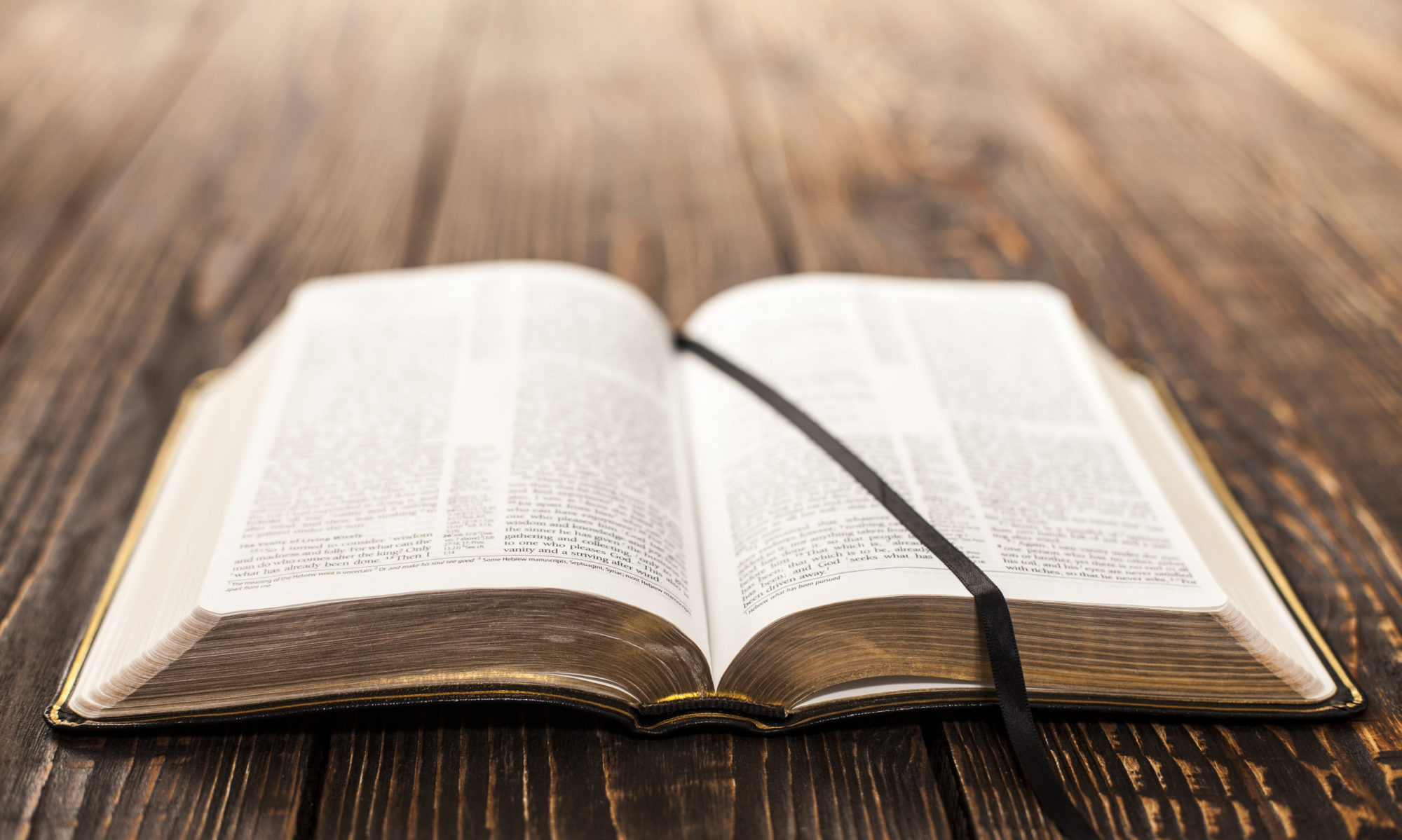
“Finally, brethren, whatever things are true, whatever things are noble, whatever things are just, whatever things are pure, whatever things are lovely, whatever things are of good report, if there is any virtue and if there is anything praiseworthy—meditate on these things. The things which you learned and received and heard and saw in me, these do, and the God of peace will be with you.” (Philippians 4:8–9)
Happy Thanksgiving everyone!!! This morning, I’d like to share a brief reflection on thanksgiving.
When I think about gratitude – when I think about being thankful, I always find myself thinking of the converse of thankfulness as well because we are naturally prone to complain. Being thankful or unthankful seems to depend on what our minds are focused on. If we focus on what we lack, we’re going to be ungrateful. If we focus on what we have, we’re going to be grateful. That’s why I think Paul is on to something with that statement that he made to the Philippian church quoted above. If there is anything praiseworthy, think on – “meditate (reflect) on these things.” In fact, he goes further. He says, “whatever things are true, whatever things are noble, whatever things are just, whatever things are pure, lovely, and of good report – meditate on these things.”
Today, you may come to the Thanksgiving table with many grievances. I dare say all of us can think of some things to complain about. And yet, for the cancer patient who has come into remission – I’m sure that gratitude rather than complaint fills their heart today; they would give thanks for their recovery. For many of us today, layoffs have either come or are on our horizon and even with pay increases, its been hard to make ends meet. The state of the economy has wreaked havoc on us; focusing on these things however will not lead to our gratitude, but to complaint. However, when we focus on the fact that we still have a home, we still have a family, we still have a job, and above all believer: we are still recipients of the grace of God through His Son Jesus Christ, then we have SO MUCH to be grateful for. I know how easy it is to fall into the trap of ingratitude; however, while humbling, I don’t think that pointing to the fact that others may have it worse than you is the best way to inspire a heart of gratitude. It is true, it is always true that someone else has it worse than you or I but there must be something more that drives our gratitude than the fact that we have it better than the other guy.
As I write, I wonder if you and I, under the poorest and saddest of circumstances could be grateful If all we had in this life was a relationship with Jesus – would that be enough? Would you agree that if we have Jesus, we always have something for which to be grateful to God about?
Paul himself said a few verses later in the above passage: (v.11) “I have learned in whatever state I am, to be content.” He learned how to be content with a little or a lot; in either case he was grateful because Jesus was enough. Frankly, many Christ followers could take a lesson from Paul on what it is to be grateful simply because what we have begins with Jesus: Eternal life, salvation, grace mercy, forgiveness; if Jesus isn’t enough, we’ll always be complaining. I know this too, that nothing in this world can truly satisfy – whatever you have of it, you’re always going to want more of. It’s difficult to be thankful when you’re always chasing after more. So, as we sit down to our Thanksgiving meal, whatever it might be, however much or however little, is there something you can be thankful for today?
One parting thought: Our gratitude should be our life song. We praise God from a heart of gratitude; we obey God from a heart of gratitude; we serve God from a heart of gratitude, and we love God from a heart of gratitude; not just on Thanksgiving; not just one day a year or every Sunday – gratitude is to be the pattern of our lives, our hearts song. Our life song. I’m grateful for the God who saved and is always patient with me. What are you grateful for today?
Happy Thanksgiving.




You must be logged in to post a comment.